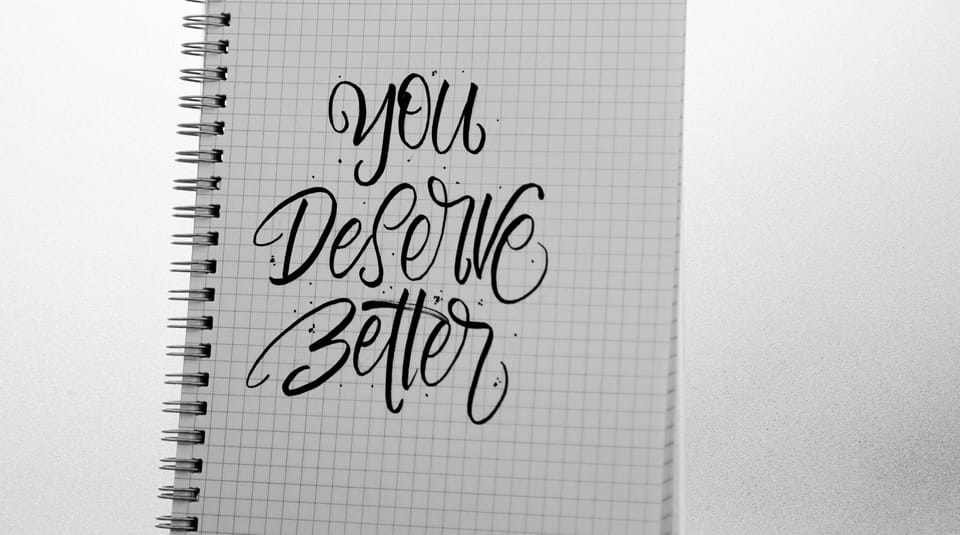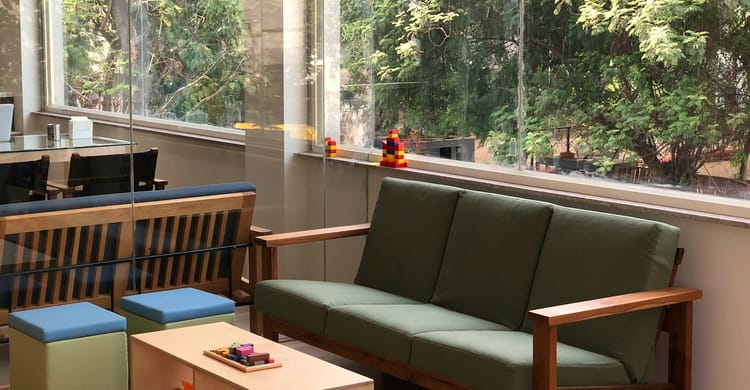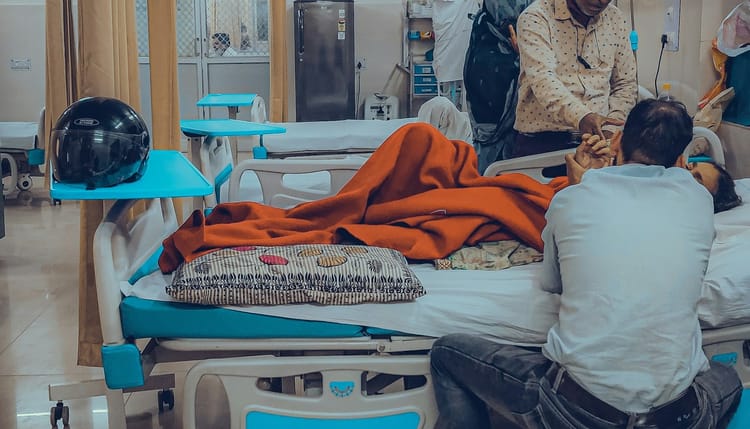The Competence-Comfort Paradox: Why Your Self-Doubt Proves You're Ready

You performed that ACL reconstruction flawlessly. Tunnel placement perfect. Graft tension precise. Patient recovered ahead of schedule.
But you can't stop replaying it in your head.
Should I have checked the alignment one more time?
Was the graft really tight enough?
What if I missed something?
Meanwhile, that colleague who botched his last meniscus repair is already booking his next three cases. No hesitation. No second thoughts. Just confidence.
And you're wondering what's wrong with you.
Nothing is Wrong With You
Here's what 25 years taught me: The surgeons who doubt themselves most are often the ones who should doubt themselves least.
I call it the Competence-Comfort Paradox.
The better you get, the more you see what could go wrong. The more you know, the heavier the responsibility feels. The sharper your skills, the more aware you become of your limitations.
That senior who never questions his decisions? He's not more skilled. He's just immune to the self-awareness that makes you excellent.
The Brutal Truth About Confidence
The Dunning-Kruger effect works in reverse for competent people.
Incompetent surgeons overestimate their abilities because they lack the knowledge to recognize their mistakes. They see a successful surgery. You see seventeen points where it could have been better.
They sleep peacefully after complications. You lie awake analyzing what you could have done differently.
They blame the patient. You blame yourself.
This isn't weakness. This is expertise.
But here's where it gets dangerous: While you're waiting to feel "ready enough," less capable surgeons are building practices, taking on complex cases, and advancing their careers.
Not because they're better. Because they're unburdened by competence-driven doubt.
The System Loves Your Self-Doubt
Know why seniors tell you to "wait a few more years" before starting independently?
Because your self-doubt keeps you controllable.
Your uncertainty makes you the perfect employee—skilled enough to deliver results, insecure enough to never demand better terms. You'll accept lower revenue shares, longer hours, and delayed opportunities because you don't feel "ready yet."
Meanwhile, that overconfident colleague negotiates better contracts, demands lead roles, and builds his brand. Not because he earned it. Because he's not paralyzed by the self-awareness you mistake for inadequacy.
The system wasn't designed for you to feel confident. It was designed to extract maximum value while paying minimum respect.
Your self-doubt is profitable. For everyone except you.
When Self-Doubt Becomes Self-Sabotage
I've watched brilliant surgeons waste years waiting for confidence that will never come.




